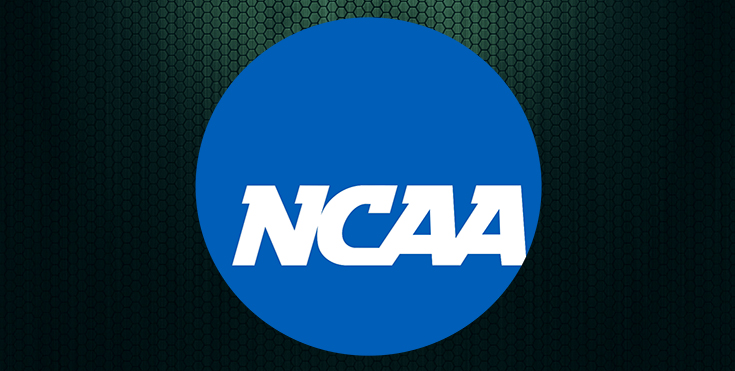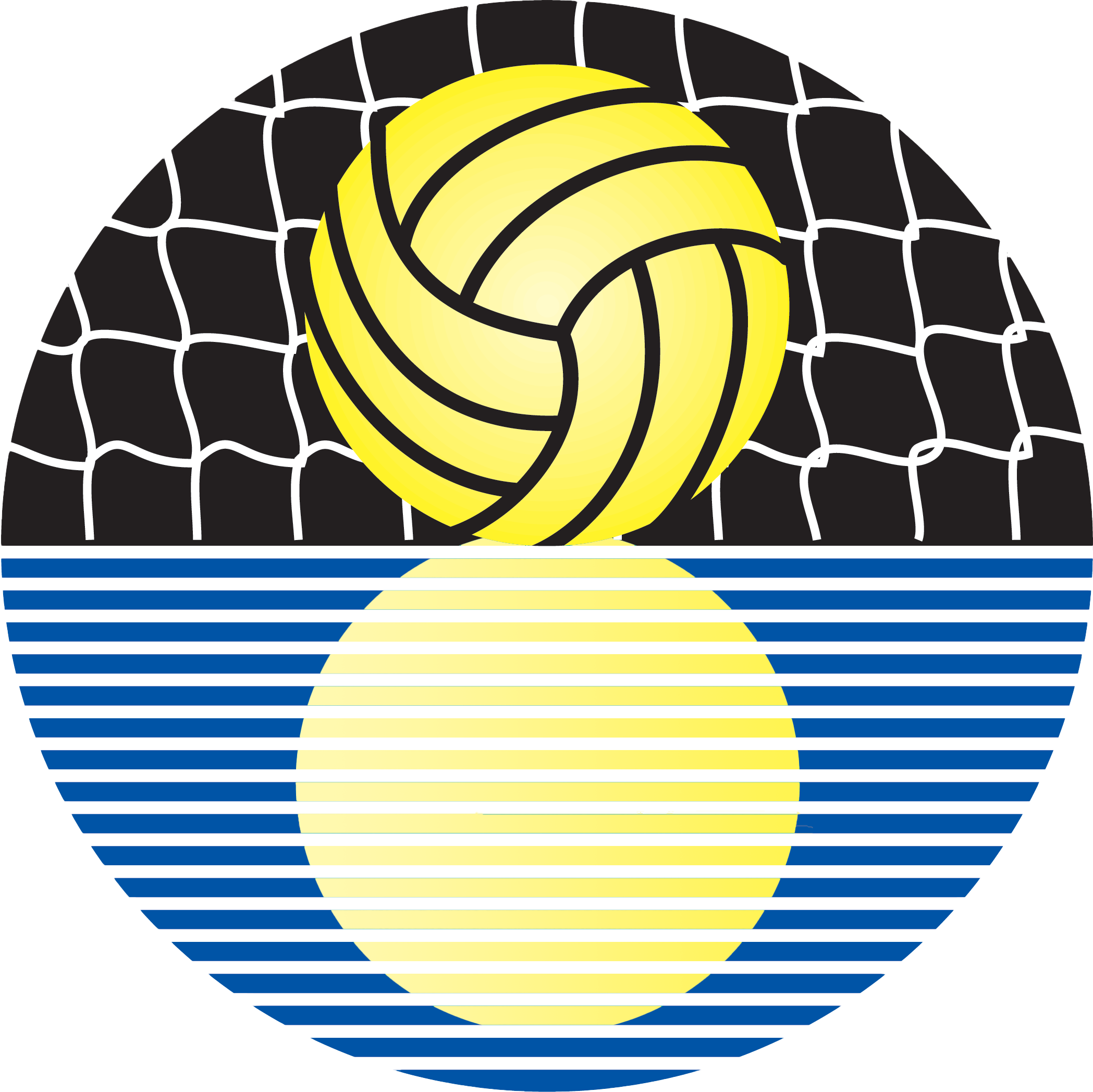INDIANAPOLIS, Ind — A new concussion advisory group will soon be formed to help guide the implementation of accepted best practices on campus. It will adhere to an interassociation structure similar to one that has recently produced new guidelines to address health and safety concerns.
The National Collegiate Athletic Association (NCAA) Interassociation Concussion Advisory Group will be composed of NCAA members as well as representatives from leading medical and scientific organizations. Its work will be overseen by the Committee on Competitive Safeguards and Medical Aspects of Sports, which recommended the group’s formation during its June 13-14 meeting in Indianapolis.
The advisory group will replace the Concussion Task Force, which was composed of medical experts who were invited by the NCAA’s Sport Science Institute to participate in the group. That task force, however, was formed before the NCAA’s interassociation model, which guides development of best practices and policy recommendations, and facilitates the gathering of representatives from top sports and medical associations around the country to build consensus viewpoints.
That model provided a blueprint for the formation of the concussion advisory group. Each external participant will be nominated by their affiliated organization, rather than invited by the NCAA, to join divisional and SAAC representatives. And rather than have the NCAA develop its own best practices, the group will advise the Association on how international best practices can be implemented on college campuses.
“This is an important shift in our strategy to bring the top minds in sport science together and get their advice on how best to protect and care for our student-athletes,” said CSMAS vice-chair Jessica Mohler, a clinical sports psychologist at the U.S. Naval Academy’s Midshipmen Development Center. “Rather than develop best practices and policies on our own, we can use this group to look at what other groups have found to be the most effective approaches and get their advice for how to make it work on our campuses.”
The concussion advisory group is expected to convene sometime in the next academic year.
WADA EXCEPTIONS SET
While Divisions I, II and III consider legislation to align the NCAA’s banned drug classes with those used by the World Anti-Doping Agency, CSMAS determined how the alignment would apply to a number of specific substances.
CSMAS voted to keep the NCAA’s testing threshold for a positive marijuana test at 15 nanograms per milliliter, a more restrictive testing point than WADA’s 150 nanograms per milliliter. In addition, CSMAS elected to maintain its ban on caffeine, which is not banned by WADA, and to continue providing an exception for insulin, which is on WADA’s prohibited List.
CSMAS also formed a working group to explore a testing plan for narcotics, which will be established as a new NCAA drug class as part of the alignment with WADA. The working group will explore potential thresholds for testing and other policy considerations. A preliminary report from the group is expected in December.
ANTI-ESTROGEN EXCEPTION APPROVED
CSMAS amended the NCAA medical exception policy to require pre-approval before competition for student-athletes receiving treatment with medications that fall into the banned class of anti-estrogens.
Anti-estrogens, often used to stop the production of estrogen during treatment in breast cancer patients, can be used to mask the use of performance enhancing drugs. But other medical uses exist: Anti-estrogens are used to treat infertility issues and as a component of hormone replacement therapy for transgender men. The drug will remain on the NCAA’s list of banned substances, but athletes can apply for a medical exception if the drugs are used as part of a medical treatment.
CSMAS reaffirmed its position that it will not provide an opportunity for a medical exception review for marijuana and its active chemical, THC. This will include the Food and Drug Administration-approved prescription drug dronabinol, which is sold under the name Marinol. Committee members noted that the current WADA lab tests do not distinguish between the THC in that medication and recreational or “medical marijuana.”
However, the committee confirmed that a positive test for dronabinol could be considered on appeal rather than through the NCAA’s medical exception policy.
CSMAS also discussed the emerging issue presented by cannabidiol, which is a product of the marijuana plant that does not contain THC. The concern related to student-athlete eligibility concerns over-the counter cannabidiol products, often referred to as CBD oil, which may be contaminated with THC during the production process, and are not currently federally regulated. State laws allow for varying percentages of THC in those products.
The committee noted that an FDA-regulated cannabidiol medication is under review and will be addressed when it becomes available.
Release courtesy National Collegiate Athletic Association




